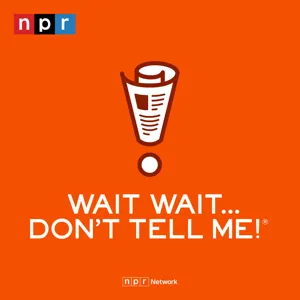The surprise that's saving food with Lucie Basch of Too Good To Go (2023)

Collaboration is the new competition: that was French entrepreneur Lucie Basch’s philosophy when she approached a group of Danish founders who happened to be working on a similar food waste reduction app.
Before long, Lucie and her new co-founders joined forces to create Too Good To Go, an app that enables restaurants and grocery stores to sell leftover items in ‘surprise bags’ at a significantly reduced price. Since launching in 2016, Too Good To Go has raised over $30 million dollars and has expanded to 17 countries, including the U.S.
This week on How I Built This Lab, Lucie talks with Guy about her company’s work to leverage the ‘horizontal power’ of consumers to collectively chip away at global food waste. She also discusses the emergence of social enterprises like hers, that fill the gap between charitable and purely profit-driven organizations.
This episode was produced by Sam Paulson, with music by Sam Paulson and Ramtin Arablouei.
Edited by John Isabella, with research help from Lauren Landau Einhorn.
Our audio engineer was Neal Rauch.
You can follow HIBT on Twitter & Instagram, and email us at hibt@id.wondery.com.
See Privacy Policy at https://art19.com/privacy and California Privacy Notice at https://art19.com/privacy#do-not-sell-my-info.







![Jacqueline Novogratz – Investing in Dignity and Character - [Invest Like the Best, EP.195]](https://www.podcastworld.io/podcast-images/invest-like-the-best-with-patrick-o-shaughnessy-3pmywn1q.webp)
